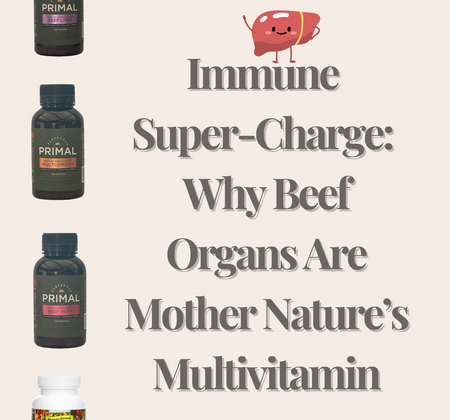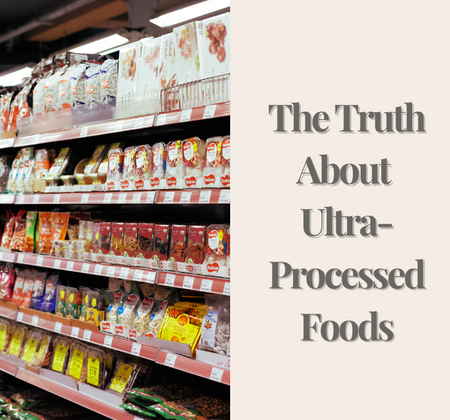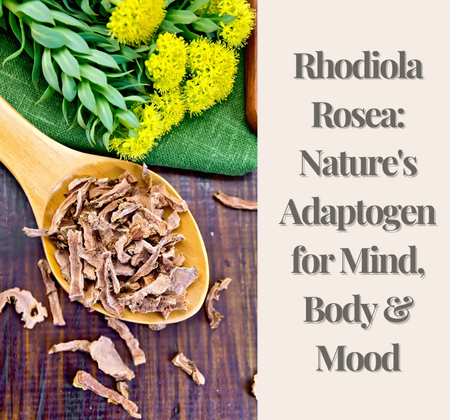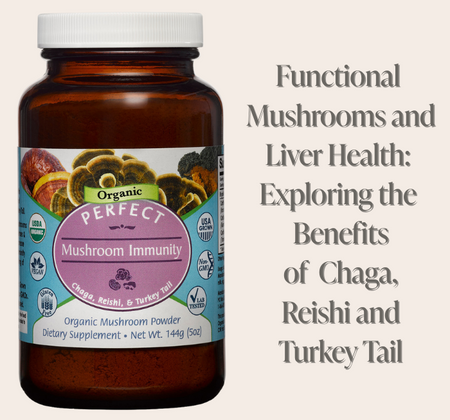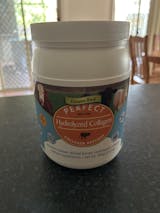
I’ve been using this product since I was 46 years old and I investigated it through Facebook and read the reviews and thought I’ve got to try this product now I am 53 going on 54 and my skin my hair in a health Just. it helps. It really helps. It’s a fantastic product.
Hi Tina, Thank you so much for sharing this - and for trusting the reviews and giving it a go all those years ago.
To hear that you’ve been using the product from your mid-40s through to now, and that it’s continued to support your skin, hair and overall health, truly means a lot to us. Long-term customers like you are the heart of what we do.
We really appreciate you taking the time to leave such thoughtful feedback, and we’re so glad the product has been such a helpful part of your routine
Perfect natural vitamin C, helps to adapt within seasonal weather changes, at the beginning and within cold and flue symptoms, prominent anti stress effects, keeps naturally alive.
Hi Tatiana, Thank you so much for sharing this - we really appreciate your feedback.
It’s lovely to hear how well you’re finding our natural vitamin C, especially through seasonal changes and during times when your body needs a little extra support. We also love hearing that you’ve noticed the anti-stress benefits and how it helps you feel more resilient and “naturally alive.”
Thank you again for taking the time to leave a review and for choosing Perfect Supplements Australia
The best, I love this lip balm. So moisturising, gentle sent and natural I only but this one.
Hi TT, thanks for yoru review. 😃
Good product, noticeable improvement to my morning lower back stiffness and sensitivity/blotchiness of my skin.
Hi Josie, Thank you so much for sharing this - we really appreciate it.
It’s wonderful to hear you’ve noticed improvements in your morning lower back stiffness and in your skin as well. Those are two areas we hear about often, and it’s always so encouraging to know the product is making a real, noticeable difference.
Thanks again for taking the time to leave a review and for choosing Perfect Supplements Australia
Have noticed my nails are stronger and growing faster
Great stuff Anna! and thanks for taking time out of your day to share this with us. 😊


